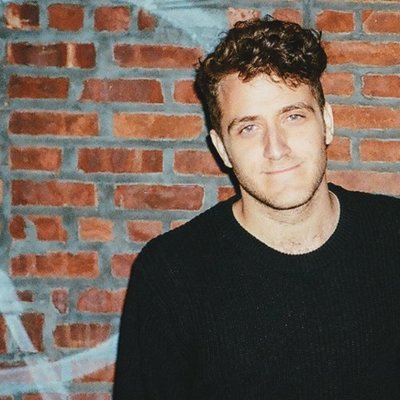
Daniel Kolitz wrote about Enthusiastic Sobriety for The Atavist Magazine, so we talk about how he went about reporting and writing the piece.
I also speak with lead editor Jonah Ogles about what made this story so special.

Daniel Kolitz wrote about Enthusiastic Sobriety for The Atavist Magazine, so we talk about how he went about reporting and writing the piece.
I also speak with lead editor Jonah Ogles about what made this story so special.
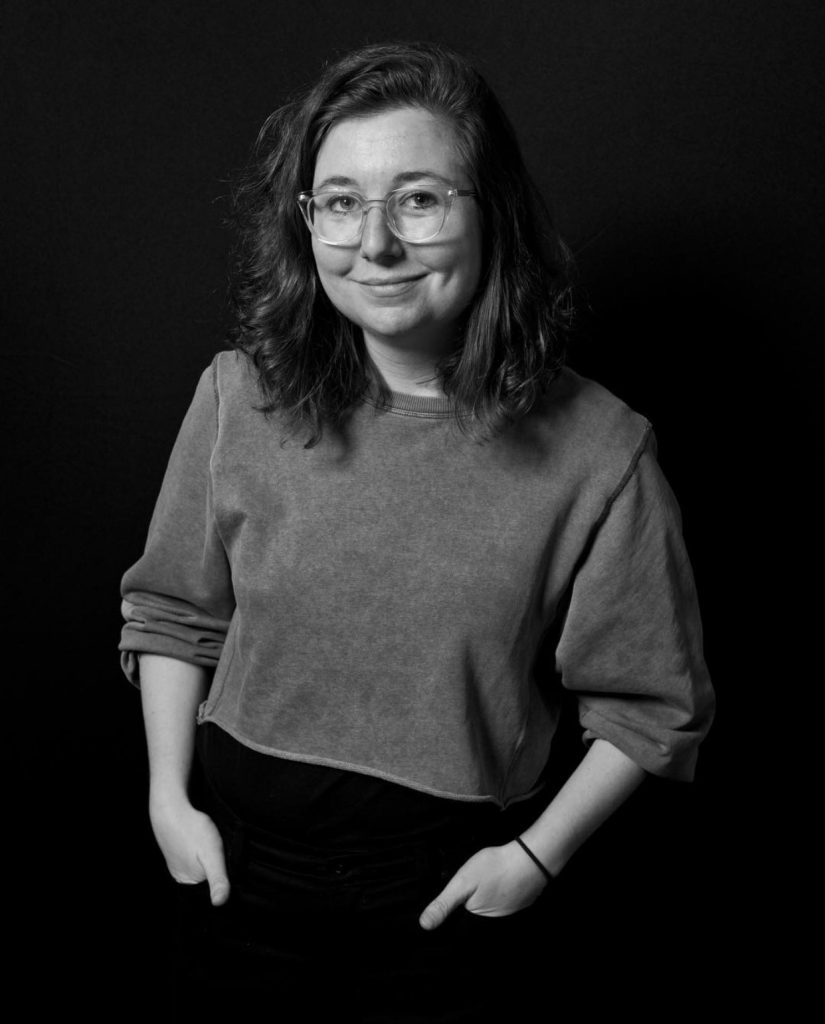
Sponsors: West Virginia Wesleyan College’s MFA in Creative Writing and HippoCamp 2021.
Become a Patron!Alison Herman (@aherman2006) is a staff writer for The Ringer, who writes about all kinds of TV and movies and the like.
What prompted this conversation was her piece about David Gelb, the filmmaker behind Jiro Dreams of Sushi and Chef’s Table.
In this episode we talk about:
Continue reading “Episode 268: Overcoming Bad Viewing Hygiene with The Ringer’s Alison Herman”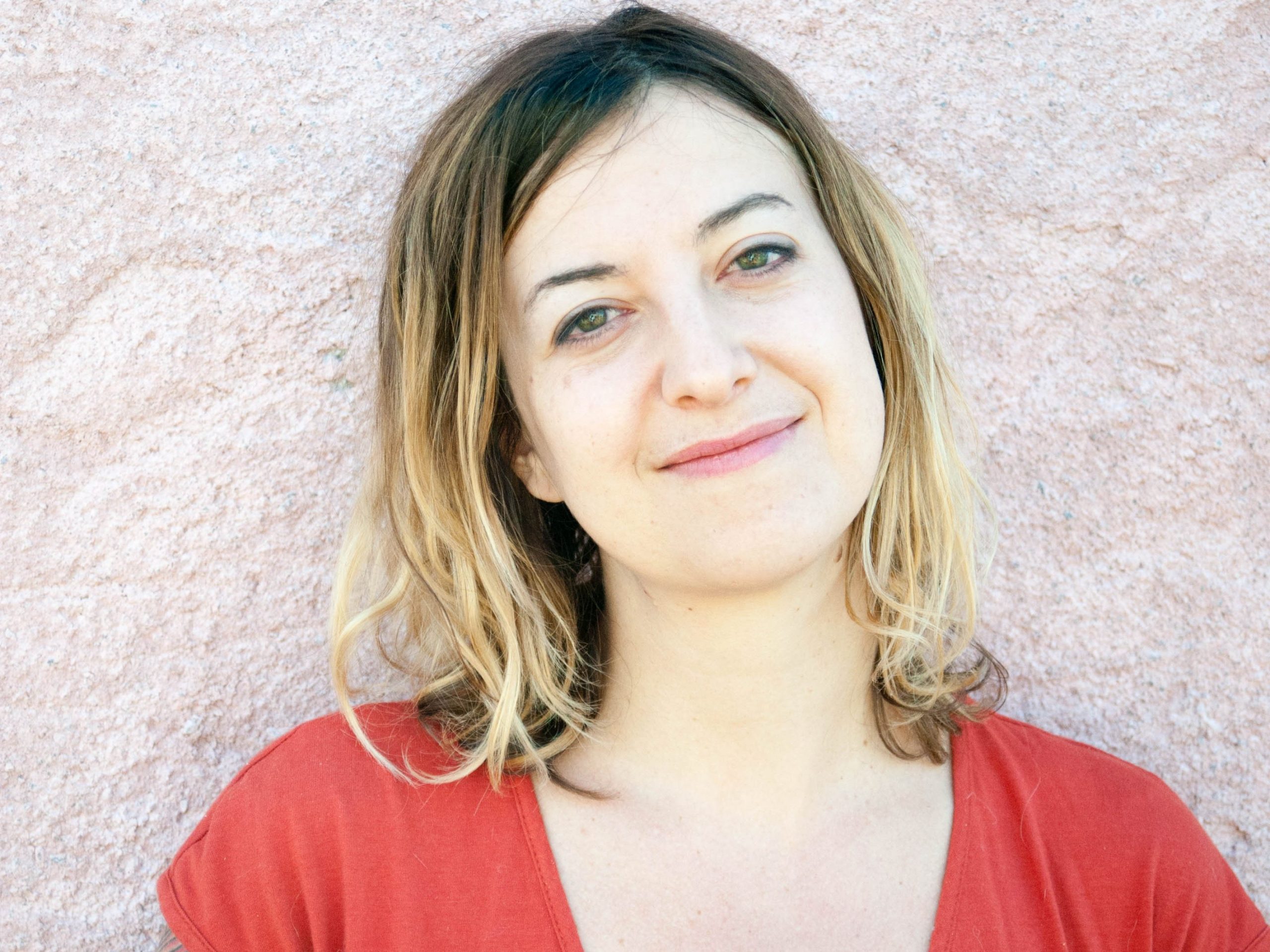
Sponsors: West Virginia Weslyen College’s MFA in Creative Writing and HippoCamp2021 (Enter CNFPod21 for $50 off your registration!)
Become a Patron!Rachel Monroe (@rachmonroe) is a freelance journalist whose work has appeared in The New Yorker, The Atlantic and myriad other places.
Her latest piece for The New Yorker is about ransomware and hacker negotiators. She wrote a piece about #vanlife for The New Yorker back in 2017 that garnered all kinds of buzz.
Continue reading “Episode 264: Rachel Monroe Talks About the Things Writers Don’t Tweet About”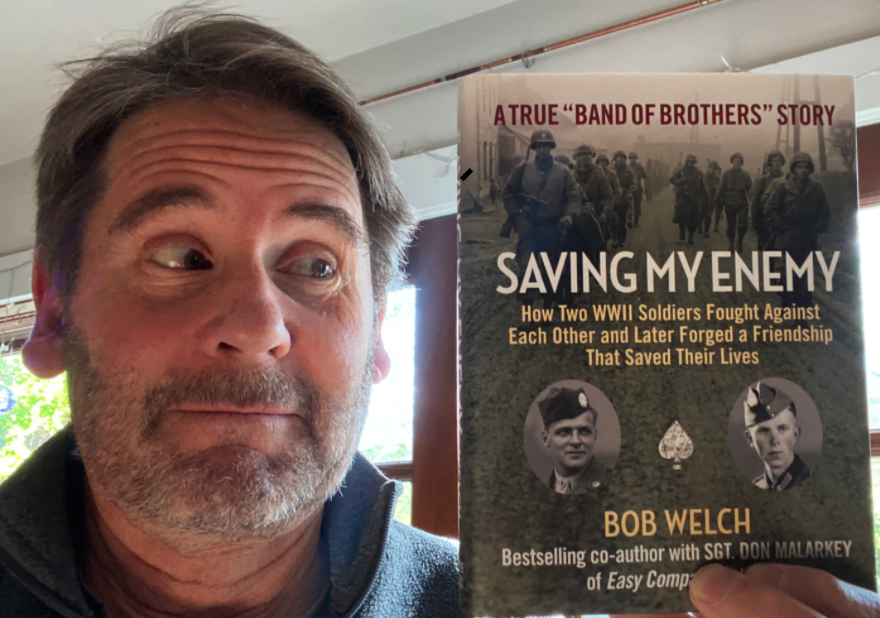
“I. Will. Write. This. Book. There’s no turning back,” says Bob Welch, @bob_welch23 on Twitter.
Bob is the author of several books, most recently is Saving My Enemy, a story of an American and a German WWII vet who forged a friendship late in life that led them down the path to forgiveness. Great book.
Bob was a long-time columnist at The Register-Guard in Eugene and has written books like The Wizard of Foz: Dick Fosbury’s One-Man High-Jump Revolution and Resolve.
We had a great conversation about “hiking your own hike” and how the famous writer Jon Krakauer actually stole Bob’s girlfriend back in high school in Corvallis, Oregon.
Great talk and good, good fun.
Keep the conversation going on social media @CNFPod and consider becoming a member at the Patreon page. It’s how you get access to the audio magazine, as well as transcripts and coaching. You dollars go directly into (50% goes to Patreon and Uncle Sam) the making of the podcast and paying writers. If you freelance, you get the titanic tax burden that’s on the freelancer. Oh, you got a $1,000 check! That’s nice! $500 of that needs to be skimmed off and goes to taxes, sooooo….
Anyway!
Enjoy this conversation and let me know what you think. HMU!
View on Zencastr
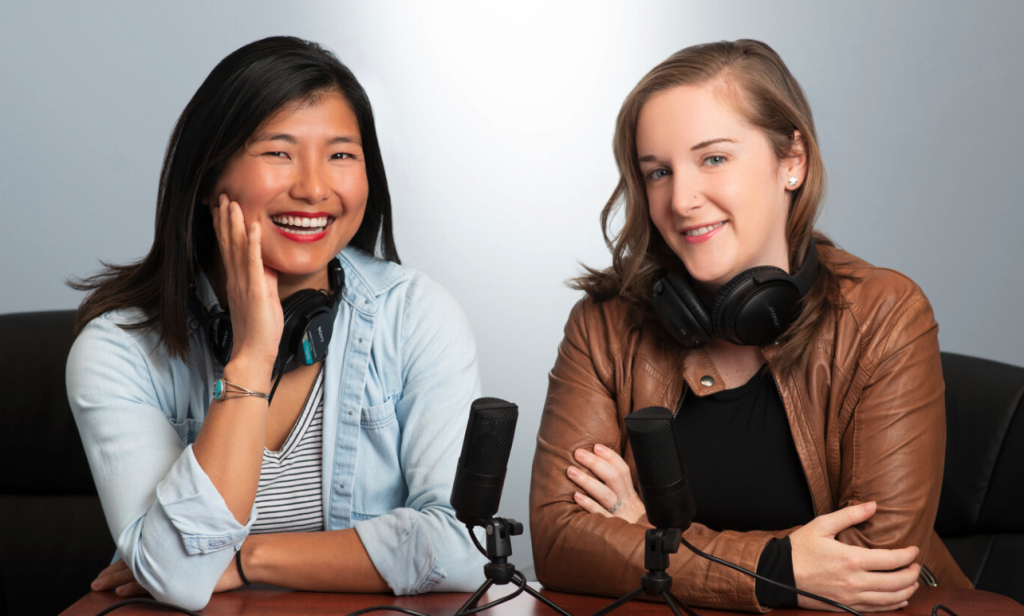
Wudan Yan and Jenni Gritters are back!
They host The Writers’ Co-op Podcast, and it is back for Season 3, a season in which they focus on coaching.
Lots of good stuff here including:
Follow Wudan and Jenni on Twitter, as well as @CNFPod, and learn more about them, their work, and their services at their websites.
View on Zencastr
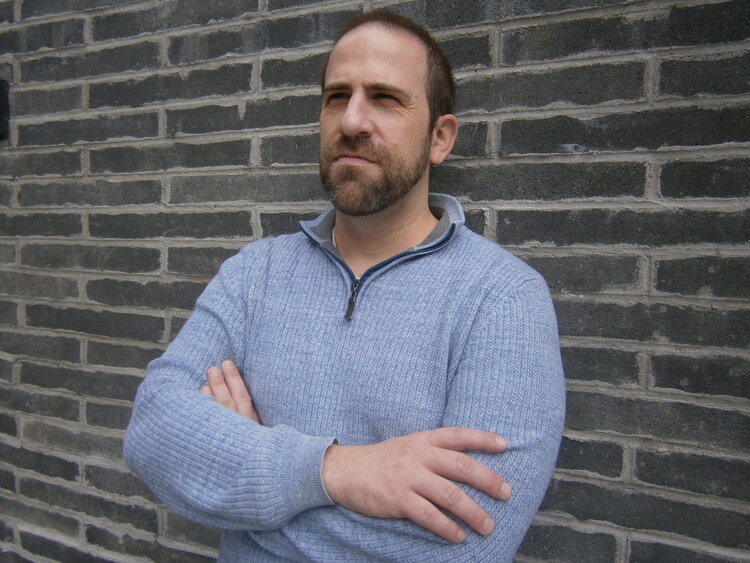
Jordan Michael Smith (@WriterJMS) stops by for this month’s extra podcast to celebrate his piece for The Atavist Magazine.
It’s called “The Snitch,” and details the story around the serial killer Scott Kimball, but, more specifically, the mistakes made by the FBI, thus turning this true-crime yarn on its head.
Jordan talks about:
Continue reading “Episode 260: Jordan Michael Smith Spins a True-Crime Yarn for The Atavist”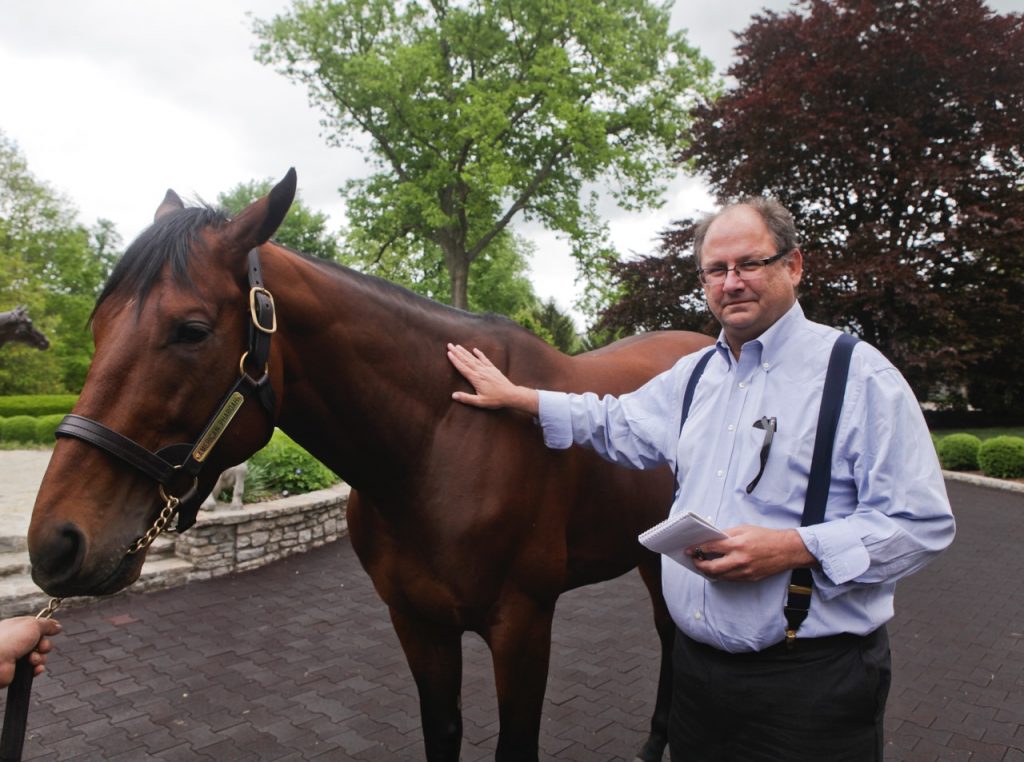
Joe Drape is back to talk about his latest book, The Saint Makers: Inside the Catholic Church and How a War Hero Inspired a Journey of Faith.
Joe is a sports writer for The New York Times covering college football and horse racing, among other feature assignments.
In this episode we talk about diagramming stories the way you would diagram a sentence and
Joe is the author of several books including American Pharoah, Our Boys, and Black Maestro.
I want to give a shoutout to Hippocamp 2021! It is happening! Registration opens May 15. It’s a writers’ conference for CNFers like you. Check it out.
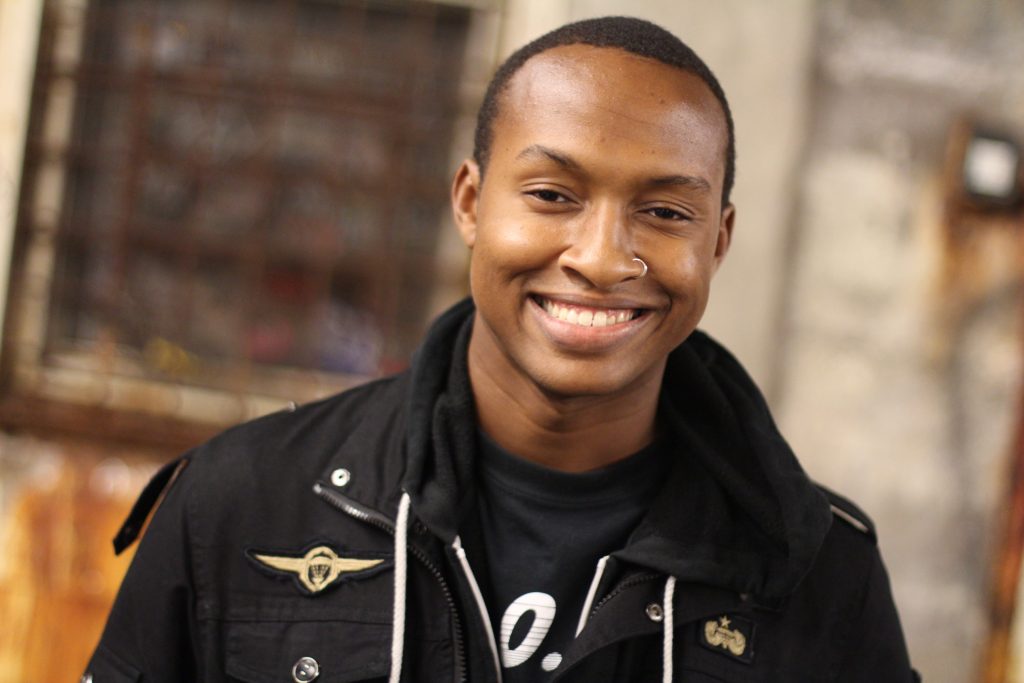
G’Ra Asim is the author of Boyz in the Void: A mixtape to my brother (Beacon Press). He’s @notjadedpunk on Instagram.
He’s a punk rocker and a killer spinner of yarns. It’s a fantastic book on “navigating Blackness, masculinity, and young adulthood: all through wry social commentary and a music/pop culture critique.
We talk a lot about the DIY nature of art, punk rock, straight-edge culture and why he chose to write this book to his younger brother.
Strap in for a fun one, CNFers.
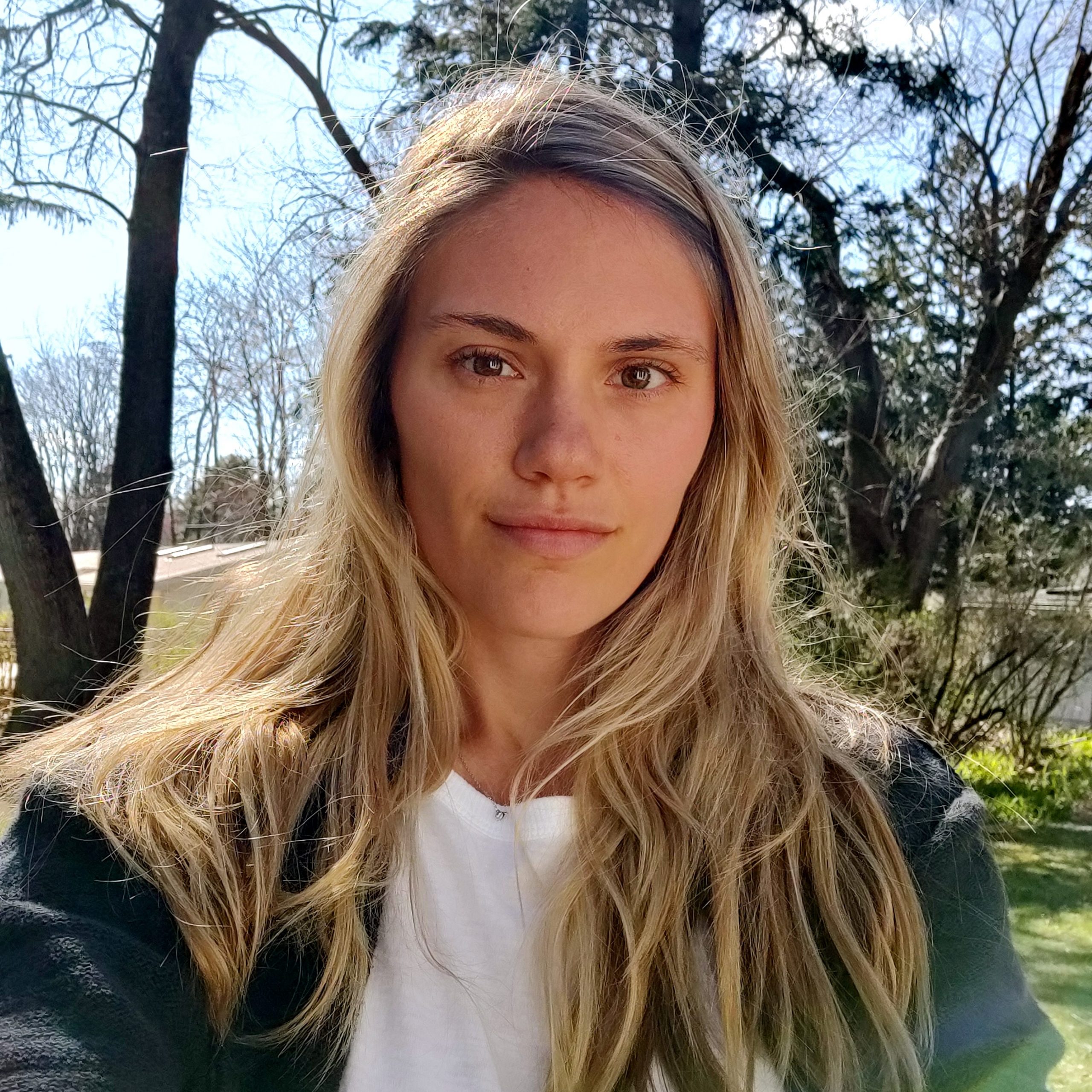
Maddy Crowell comes by the show to talk about her new piece for The Atavist Magazine titled “Invisible Kid.”
I also speak with Jonah Ogles, the lead editor of this piece, and Ed Johnson, the designer who led the way in the redesign.
This episode is packed with goodness, much like its Atavistian predecessors in Scott Eden, Phil Hoad, and Lindsay Jones.
Consider subscribing to The Atavist and its once-a-month blockbuster piece of narrative nonfiction. Once a month, can’t beat it … sounds like my newsletter!
Anyway …
We dig into a lot of might juice, and I hope it brightens up your day and wherever you are on your writer journey.
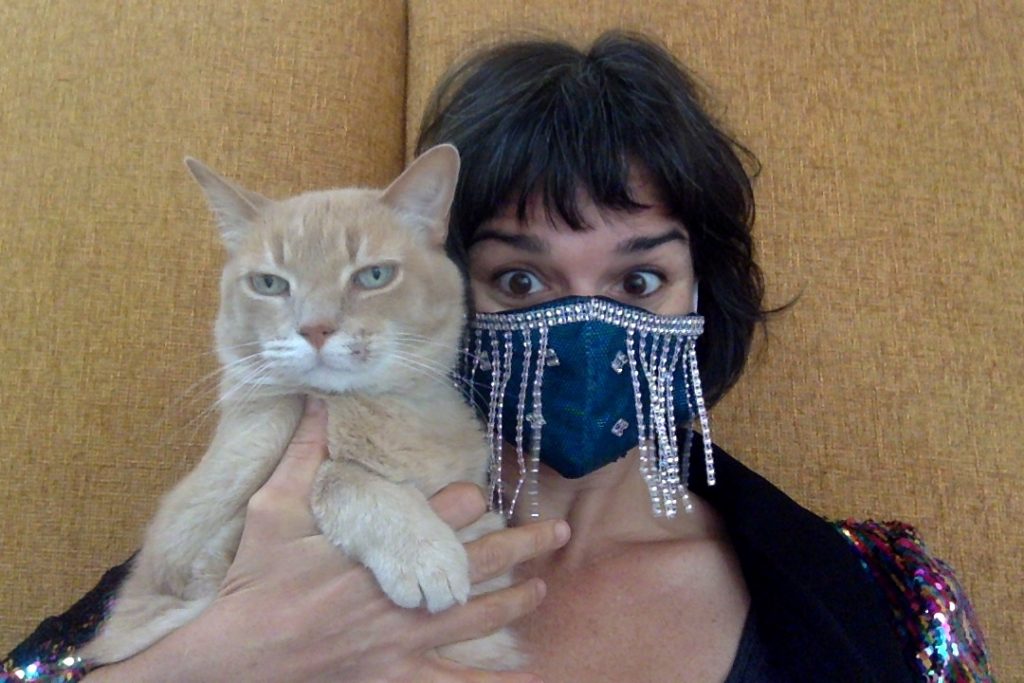
By Brendan O’Meara
A great pleasure to welcome back Elena Passarello to the show to talk about … jeez … just about everything.
This was very much a shoot-the-shizz pod, but when it comes to Elena, there are few people you’d rather be listening to. So if you dug episodes with Bronwen Dickey and Peter Brown Hoffmeister, you’re in the right place, CNFers!
Continue reading “Episode 254: Elena Passarello on Weird Freelance Work, Podcasting, and Oatmeal Brain”